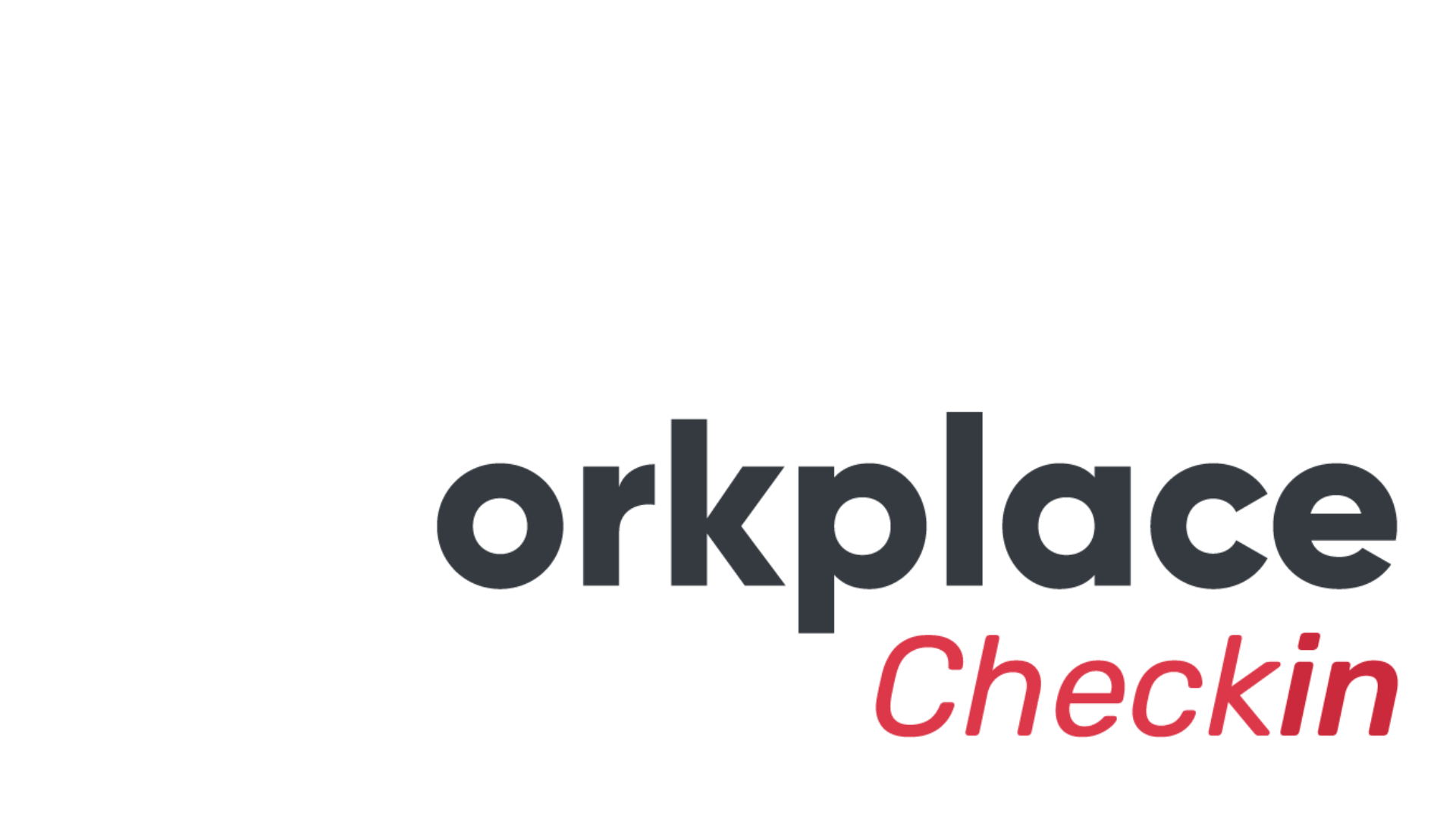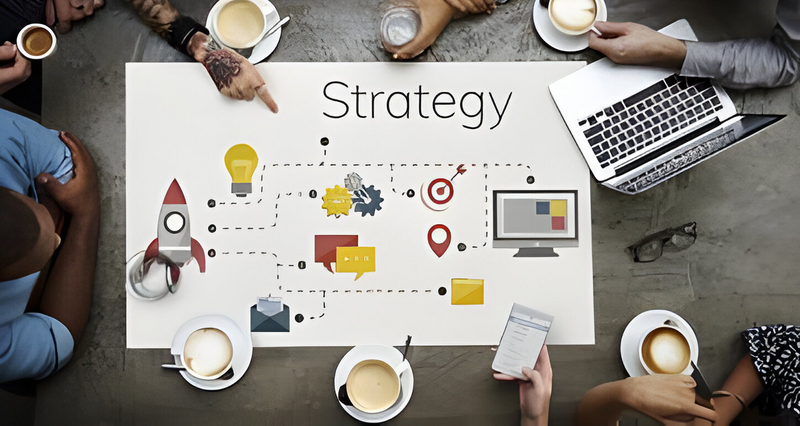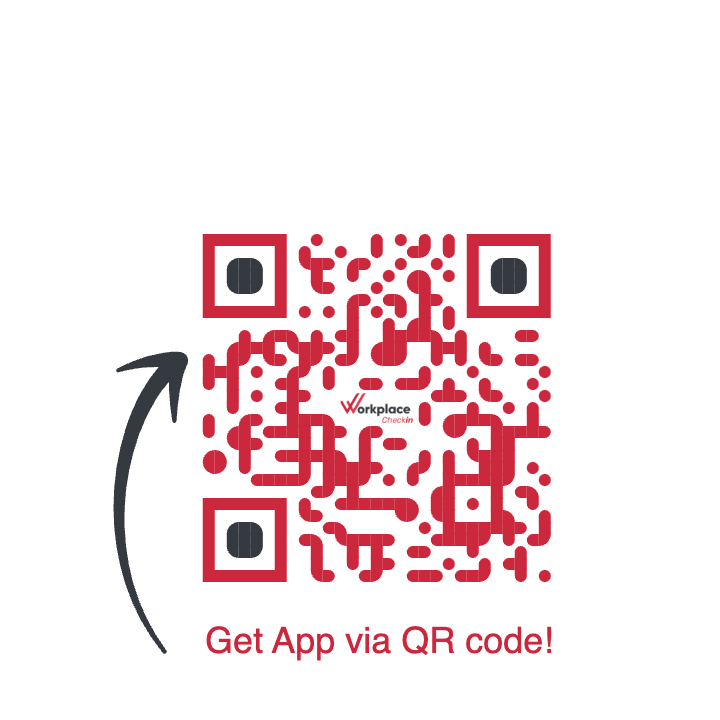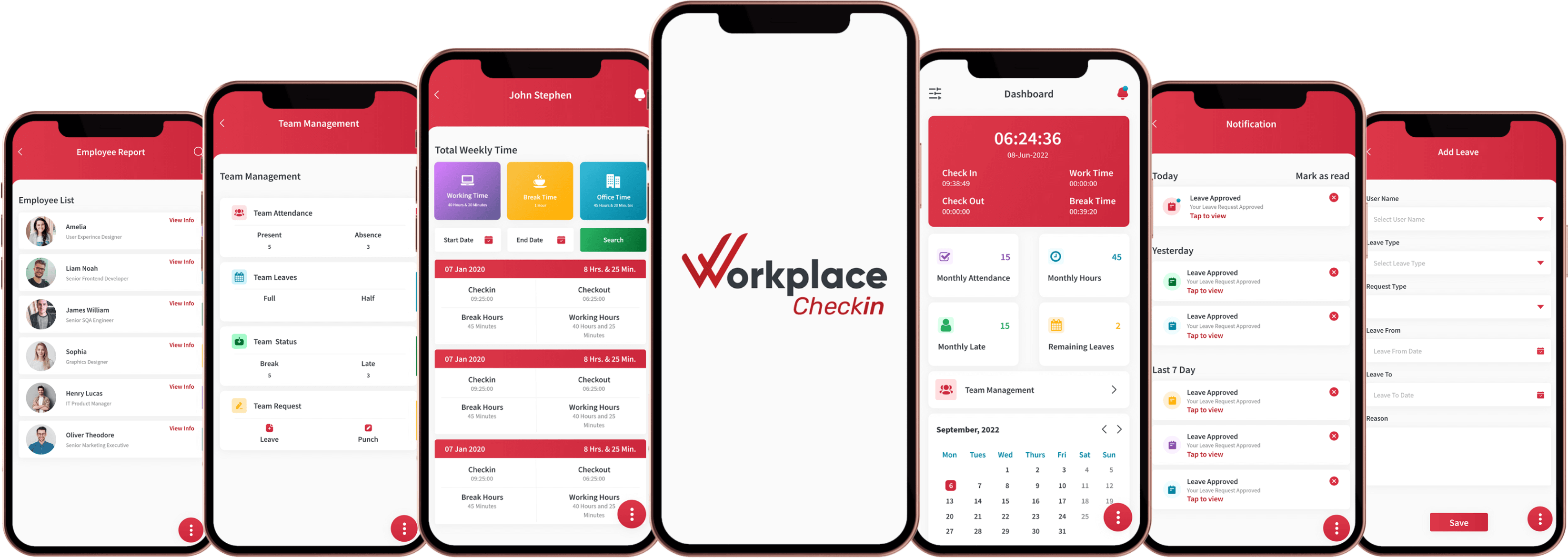

In today's fast-paced world, the job market is a dynamic ecosystem constantly shaped by technological advancements, economic shifts, and global trends. Industries that once thrived may face disruption, while emerging sectors create new opportunities. The traditional approach of acquiring a static set of skills or qualifications is no longer sufficient to ensure long-term career success. The concept of lifelong learning has emerged as a vital strategy for individuals aiming to navigate the complexities of the modern job market. Lifelong learning goes beyond the confines of formal education, encompassing the continuous acquisition of knowledge, skills, and competencies throughout one's life. It empowers individuals to adapt to changing circumstances, embrace new challenges, and seize emerging opportunities, thereby enhancing their career prospects and professional resilience.
Gone are the days when a single degree or a set of skills could guarantee a lifelong career. With automation, artificial intelligence, and globalization reshaping industries, the skills that are in demand today might become obsolete tomorrow. Therefore, embracing lifelong learning is the key to staying ahead in the game. Employers increasingly value candidates who demonstrate a commitment to learning and development, recognizing that adaptability and continuous improvement are essential attributes for success. Lifelong learners are better equipped to stay relevant amidst technological disruptions, navigate career transitions, and future-proof their professional trajectories. By embracing lifelong learning, individuals not only enhance their skill sets but also cultivate a growth mindset that enables them to thrive in an ever-changing world. As we chart our professional journeys, let us recognize that lifelong learning is not just a means to an end but a transformative journey that holds the key to unlocking new opportunities and achieving long-term career fulfillment.

The Benefits of Continuous Learning
Adaptability:
Continuous learning fosters adaptability. By constantly updating your skills and knowledge, you become more flexible and better equipped to navigate changes in your industry.
Career Growth:
Employers value individuals who are committed to learning and development. Continuous learners are often considered for promotions, new opportunities, and leadership roles.
Relevance:
In a rapidly evolving job market, staying relevant is crucial. Continuous learning ensures that you remain up-to-date with the latest trends, technologies, and best practices in your field.
Personal Fulfillment:
Learning is inherently rewarding. It allows you to explore new interests, expand your horizons, and pursue personal growth. Continuous learning can lead to a greater sense of fulfillment and satisfaction in both your personal and professional life.

Strategies for Continuous Learning:
Let's delve deeper into each strategy for continuous learning:
1. Set Clear Goals
Defining clear learning objectives is like setting a destination for your learning journey. When you have a specific goal in mind, such as mastering a programming language, becoming proficient in project management methodologies, or understanding a new market trend, it gives your learning purpose and direction. Clear goals help you stay focused, motivated, and organized in your learning efforts.
2. Stay Curious
Curiosity is the driving force behind continuous learning. It's about maintaining a sense of wonder and eagerness to explore new ideas, concepts, and possibilities. Cultivating a curious mindset involves asking questions, seeking answers, and challenging assumptions. Curiosity encourages you to step out of your comfort zone, embrace uncertainty, and approach learning with an open mind. By staying curious, you remain receptive to new knowledge and experiences, fostering a lifelong passion for learning.
3. Utilize Online Resources
The internet has revolutionized the way we access information and learn new skills. There is a vast array of online resources available, ranging from interactive courses and tutorials to informative blogs and podcasts. Platforms like Coursera, Udemy, Khan Academy, and LinkedIn Learning offer a diverse range of topics and subjects taught by experts from around the world. By leveraging online resources, you can learn at your own pace, anytime, anywhere, and tailor your learning experience to suit your preferences and needs.
4. Seek Feedback
Feedback is essential for growth and improvement. Actively seek feedback from peers, mentors, and supervisors to gain valuable insights into your strengths and areas for development. Constructive feedback helps you identify blind spots, overcome challenges, and refine your skills. It's important to approach feedback with an open mind, view it as an opportunity for learning and growth, and use it to guide your learning efforts effectively.
5. Networking
Networking is more than just exchanging business cards at events—it's about building meaningful connections with professionals in your field. Engage with like-minded individuals through networking events, conferences, and online communities to exchange ideas, share experiences, and learn from each other. Networking exposes you to diverse perspectives, industry trends, and best practices, expanding your knowledge and fostering professional growth opportunities. Building a strong network can provide support, mentorship, and access to valuable resources throughout your career.
6. Experiment and Iterate
Learning is an iterative process that involves experimentation, reflection, and refinement. Don't be afraid to try new things, take calculated risks, and step outside your comfort zone. Experimentation allows you to test hypotheses, explore different approaches, and learn from both successes and failures. Embrace failure as a natural part of the learning process, extract lessons from setbacks, and use them to inform your future actions. By continuously iterating and adapting, you can refine your skills, overcome challenges, and achieve your learning goals more effectively.
7. Make Learning a Habit
Consistency is key to successful learning. Incorporate learning into your daily routine by setting aside dedicated time for learning activities. Whether it's reading articles during your morning commute, watching educational videos over lunch, or practicing coding in the evening, establish a regular learning habit that fits into your schedule. By making learning a priority and integrating it into your daily life, you create momentum, build momentum, and make steady progress towards your learning goals over time.
In a rapidly evolving job market, the ability to adapt and learn continuously is a powerful asset. By embracing lifelong learning, you can stay relevant, advance your career, and unlock new opportunities for personal and professional growth. So, make a commitment to lifelong learning today and invest in your future success. Remember, the journey of learning never ends, it's the key to staying ahead in an ever-changing world.






